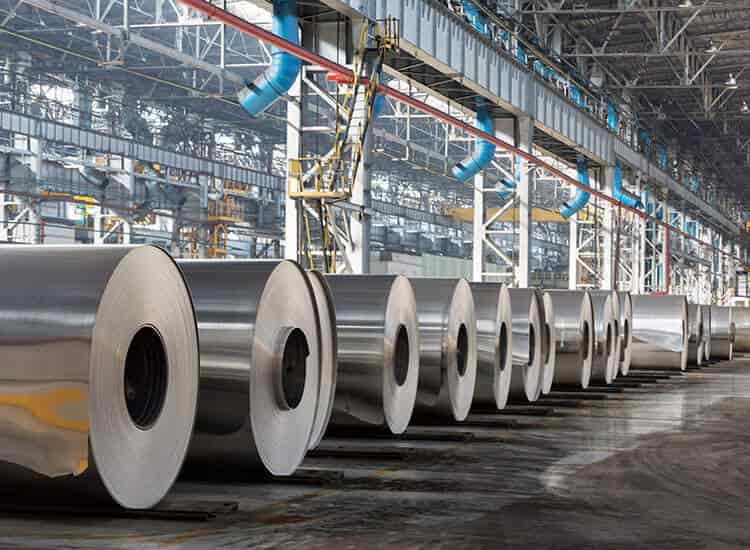Benefits of LongTerm Supplier Contracts in Steel Procurement
Introduction
In the dynamic world of steel procurement, securing stability and efficiency is paramount. Longterm supplier contracts have emerged as a strategic tool for businesses seeking to navigate the complexities of the steel market. These contracts offer numerous benefits, from cost savings to improved supply chain reliability, making them an essential consideration for any company involved in steel procurement.
Understanding LongTerm Supplier Contracts
Longterm supplier contracts are agreements between buyers and suppliers that extend over an extended period, typically ranging from one to several years. These contracts are designed to establish a consistent supply of steel, ensuring that both parties benefit from a stable relationship. The terms of these contracts can include pricing agreements, delivery schedules, and quality standards, all tailored to meet the specific needs of the buyer.
Key Benefits of LongTerm Supplier Contracts
1. Cost Savings and Predictability
One of the most significant advantages of longterm supplier contracts is cost savings. By locking in prices for a specified period, businesses can protect themselves against price volatility in the steel market. This predictability allows for more accurate budgeting and financial planning. Additionally, suppliers often offer discounts for longterm commitments, further reducing costs for the buyer.
2. Enhanced Supply Chain Stability
Supply chain disruptions can have severe consequences for businesses, leading to delays and increased costs. Longterm contracts mitigate these risks by ensuring a reliable supply of steel. Suppliers are more likely to prioritize clients with whom they have established longterm relationships, leading to better service and more consistent deliveries.
3. Improved Supplier Relationships
Longterm contracts foster stronger relationships between buyers and suppliers. This collaboration can lead to better communication, improved product quality, and more tailored services. Suppliers are more invested in maintaining high standards and meeting the specific needs of their longterm clients, resulting in a more efficient and effective supply chain.
4. Operational Efficiency
With a longterm supplier contract in place, businesses can streamline their procurement processes. Reduced time and resources spent on negotiating new contracts allow companies to focus on other critical aspects of their operations. This efficiency can lead to increased productivity and a more competitive edge in the market.
5. Flexibility and Scalability
Longterm contracts can be tailored to include flexible terms that accommodate changing business needs. For example, clauses can be added to adjust prices based on market conditions or to scale the supply volume according to demand fluctuations. This flexibility ensures that the contract remains beneficial for both parties throughout its duration.
Case Studies and RealWorld Examples
To illustrate the benefits of longterm supplier contracts, let’s look at some realworld examples:
Automotive Industry: Major automotive manufacturers often enter into longterm contracts with steel suppliers to secure a steady supply of highquality materials. This approach helps them maintain production schedules and manage costs effectively.
Construction Sector: Construction companies benefit from longterm contracts by ensuring a reliable supply of steel for largescale projects. This stability allows them to complete projects on time and within budget, enhancing their reputation and competitiveness.
Conclusion
In the competitive landscape of steel procurement, longterm supplier contracts offer a strategic advantage. From cost savings and supply chain stability to improved supplier relationships and operational efficiency, the benefits are substantial. By committing to these agreements, businesses can navigate market uncertainties with confidence, ensuring a reliable and costeffective supply of steel.
Longterm supplier contracts are not just about securing materials; they are about building partnerships that drive success. As the steel market continues to evolve, these contracts will remain a cornerstone of effective procurement strategies, enabling businesses to thrive in an everchanging environment.




